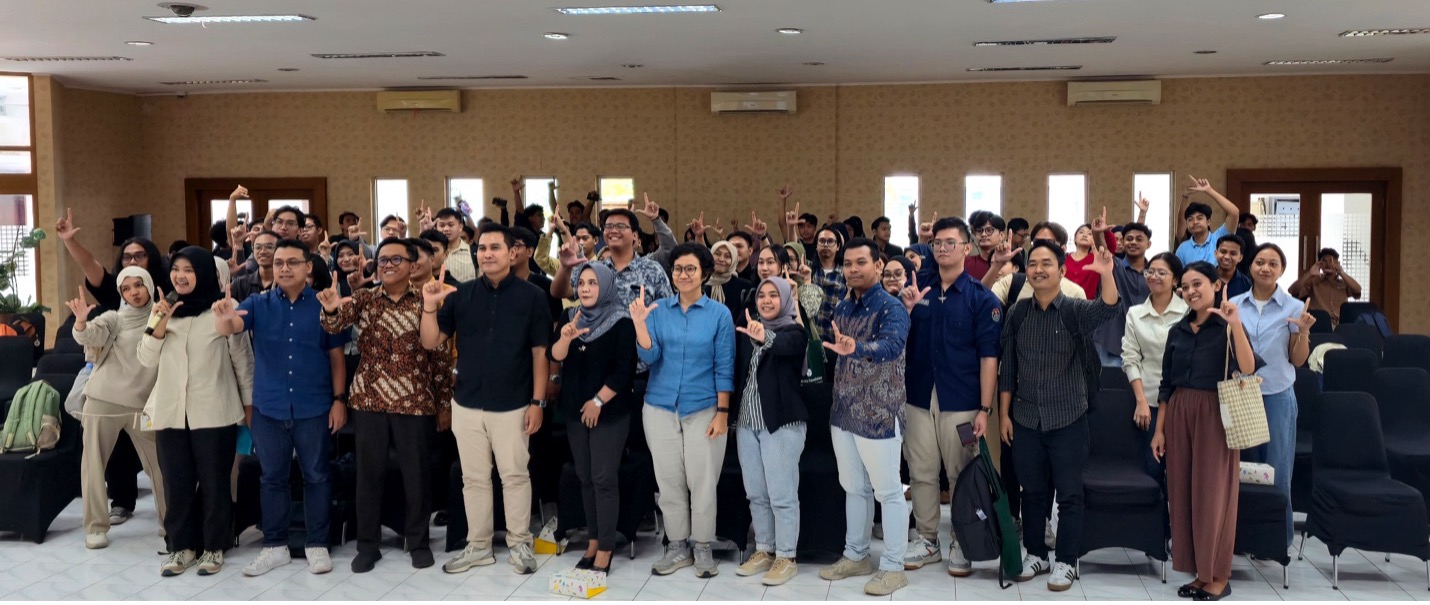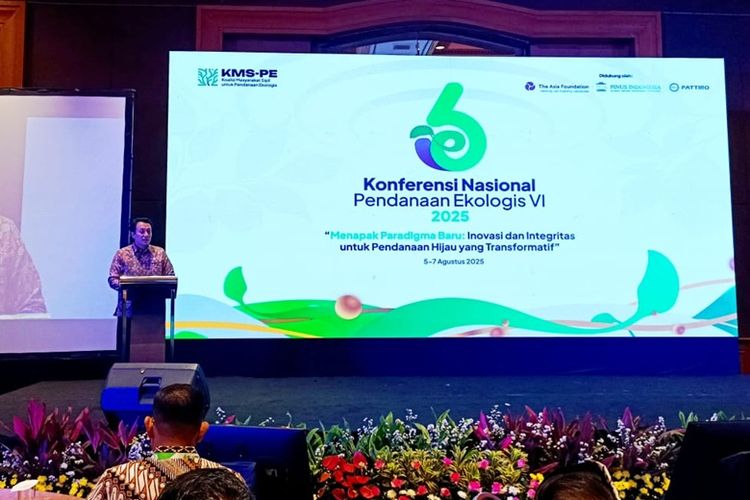
PATTIRO : The government must serve the community
At the end of 2012, the Ministry of Home Affairs (Kemendagri) stated that there were 290 regional heads and deputy regional heads who were caught up in (legal) corruption cases. Beginning in November 2013 the number had increased to 309 people and until January 2014, the Ministry of Home Affairs recorded 318 regional heads and deputy regional heads involved in (legal) corruption cases. The number of regional heads who have become suspects in corruption cases seems to be a blurry portrait of local government in Indonesia.
This blurry picture will be even more dismal if we look at the implementation of public services and planning and budgeting processes in regions that are still not in favor of the community. Likewise with information disclosure, even though information has become a public right that is protected by law number 14 of 2008 concerning Public Information Disclosure (UU KIP), there are still many local governments that have not been open and are willing to provide information that should be the people’s right.
This blurry portrait seems to describe the failure of the local government to realize governance that serves the community. But is this failure one hundred percent the responsibility of the government? Then where is the role of society? In fact, the ideal condition for the relationship between government and society is an active community and a responsive government. This ideal condition will encourage “social accountability” from the government.
But creating an active society is not something easy. There is a need to strengthen community capacity on an ongoing basis. This is where the role of Non-Governmental Organizations (NGOs) such as PATTIRO is needed to provide reinforcement to the community so that it becomes a civil society force that actively balances the government so that it becomes responsive.
The Center for Information and Regional Studies (PATTIRO) has worked to make the community more active in demanding their rights, for example facilitating requests for information or demanding better public services. The most concrete thing is facilitating the Public Service Care Organization Network (Jormas PPP) advocating for the Provincial Government of East Nusa Tenggara (NTT) to reallocate the budget, from official travel budgets to education expenses in 2003. However, what the community has done is still partial and incidental in nature, it has not become a necessity for the community itself.
Meanwhile, on the government side, many policy models have been decided on political terms, so they are not based on clear data, such as the School Operational Assistance (BOS) program and the cheap rice for the poor (Raskin) program. Program implementation that is not based on clear data tends to encourage abuse of power, it is only natural that now many regional heads are involved in legal cases.
In addition, several existing regulatory products also tend to create maladministration. For example, law number 28 of 1999 concerning State Administration that is Clean and Free from Corruption, Collusion and Nepotism requires every state administrator to report and announce wealth before and after taking office (article 5 paragraph 3). However, if the wealth report is not reported and announced, no strict sanctions will be imposed. Article 20 paragraph 1 of Law 28 of 1999 only states that every state administrator who violates Article 5 paragraph (3) is only subject to administrative sanctions in accordance with the provisions of the applicable laws and regulations.
In fact, inappropriate regulatory products can be a means of protection against regional heads who commit acts against the law. For example, PATTIRO indicates the high rate of regional heads involved in legal issues due to the existence of Article 36 paragraph (1) and paragraph (3) of Law number 32 of 2004 concerning Regional Government which is strong enough to fortify the presence of regional heads to dampen or avoid investigative action by law enforcement officials.
This can be seen from the licensing procedures that must be followed by law enforcers, which actually make it difficult for law enforcement officials. There are at least two stages that law enforcers must go through in handling legal cases involving regional heads. In the first stage, law enforcement officials must obtain written approval from the President when conducting investigations and inquiries of regional heads (see Article 36 paragraph (1) of Law No. 32 of 2004). In the second stage, law enforcement officials must obtain written approval from the President when detaining suspected regional heads (see Article 36 paragraph (3) of Law No. 32 of 2004).
Recommendation
As an effort to improve these conditions and realize governance that serves the community, PATTIRO recommends the following :
- The government continues to prioritize efforts to reform the bureaucracy that are being carried out for renewal and fundamental changes to the governance system, especially regarding institutional (organizational) aspects, management (business processes) and human resources for government administration apparatus.
- Evaluating budget planning, which so far has more of a political overtones, than trying to solve the problems faced by the community. Need to accelerate the implementation of the law on public services, especially the implementation of service standards and complaint mechanisms in service units.
- The government can reduce maladministration that occurs by reviewing policies that actually become obstacles and protecting regional heads who commit acts against the law.
- The government should involve the community in order to function actively as assessors and give feedback (feedback) in public service mechanisms and public planning and budgeting processes.
- The government should create a feedback mechanism that involves the community as a form of real accountability for governance.
- The people’s representative council (DPR RI and DPRD) as a representative of the community must also play an active role in monitoring and evaluating the running of government.
Jakarta, 30 April 2014
Sad Dian Utomo | PATTIRO Executive Director
saddian@pattiro.org | 0812 800 3045
Contact Person:
Ahmad Rofik | SPM Transparency
rofik@pattiro.org | 081393153564




